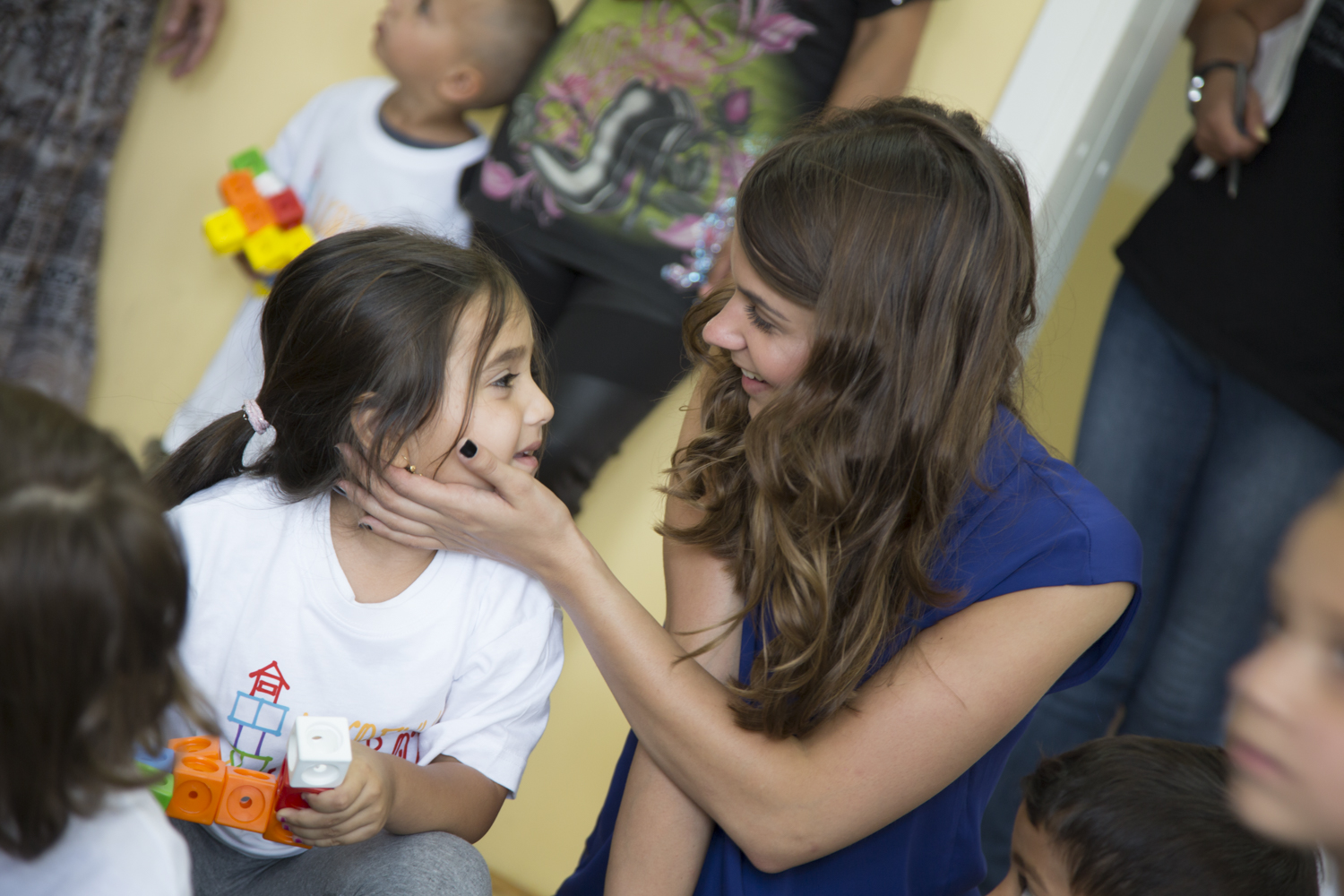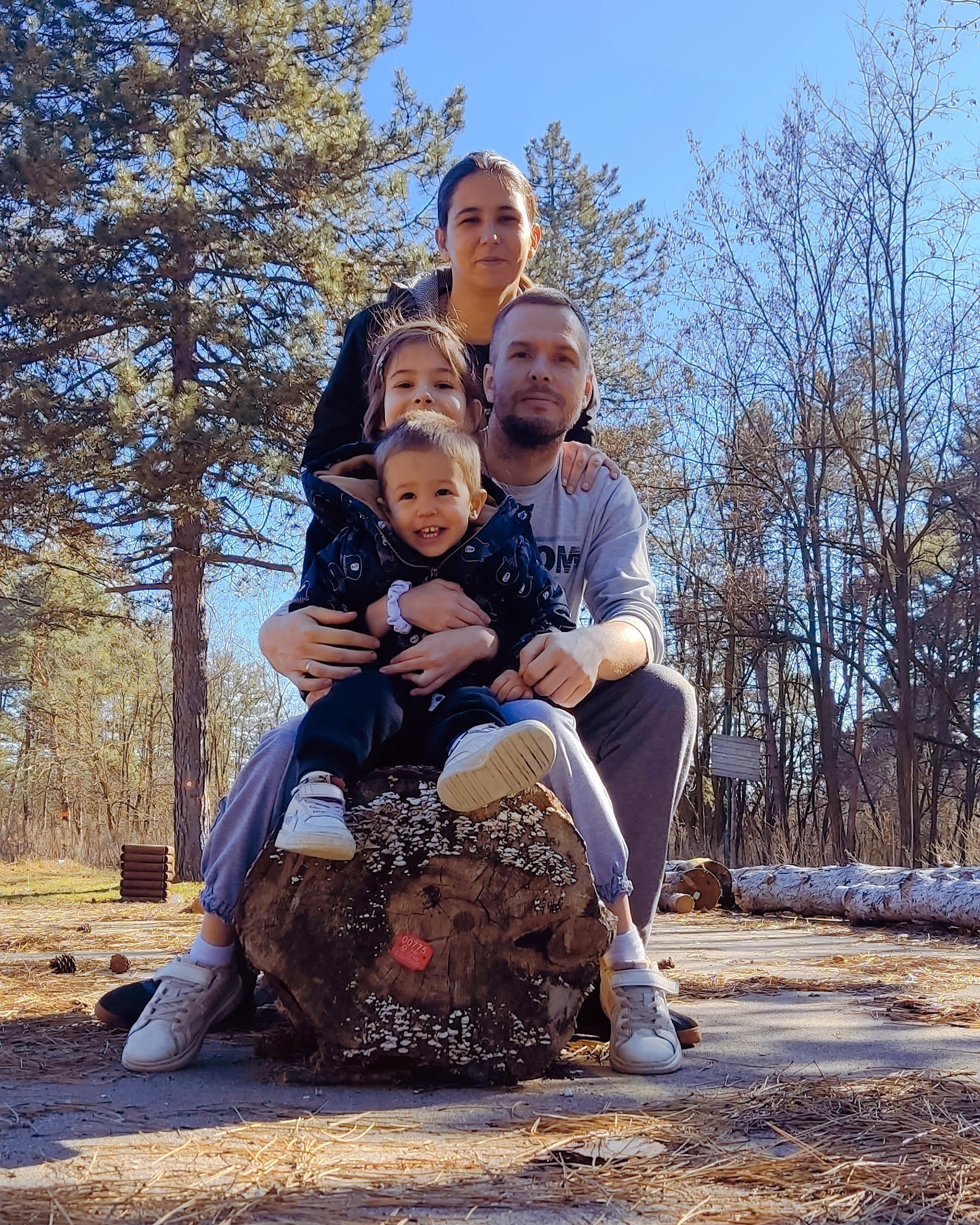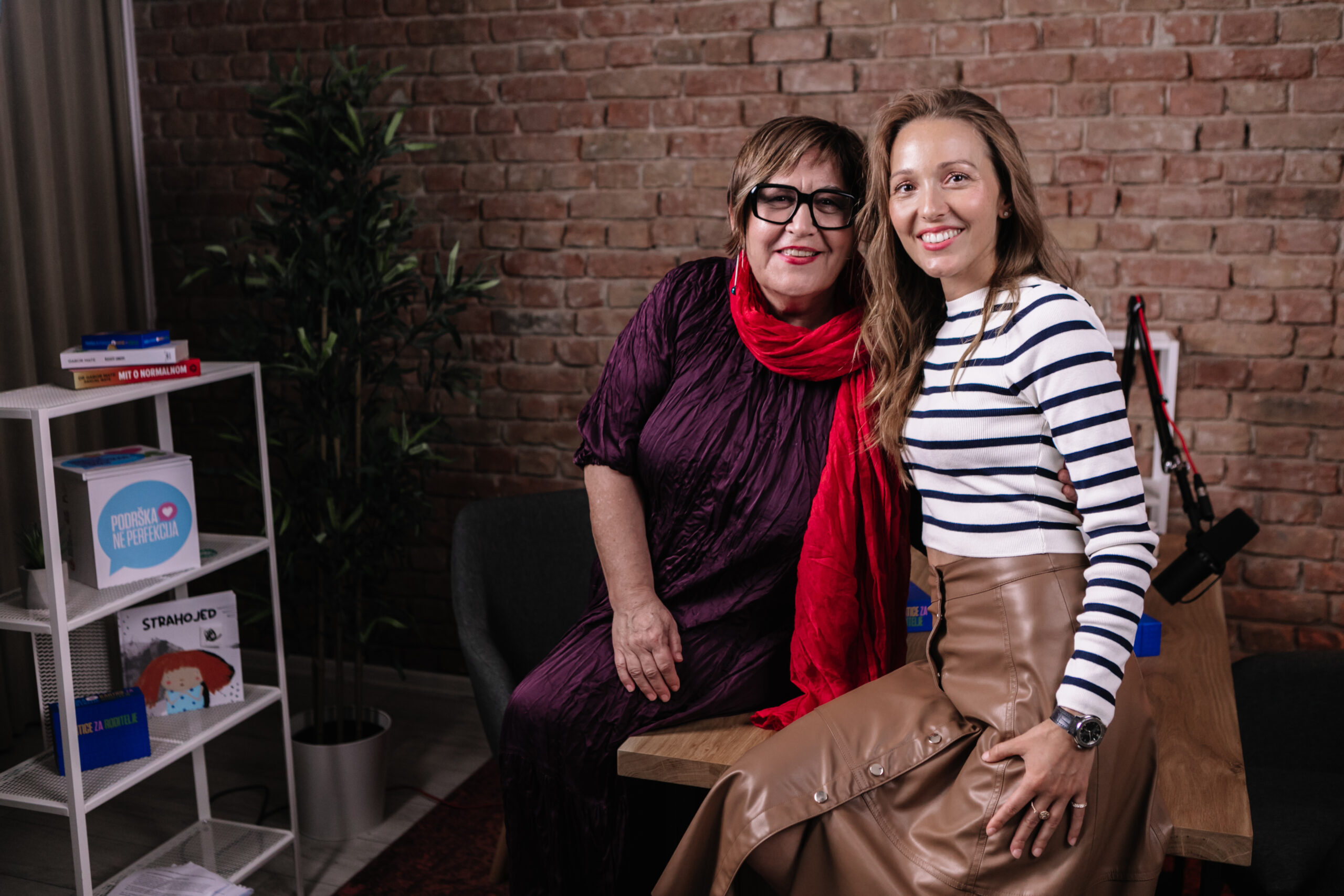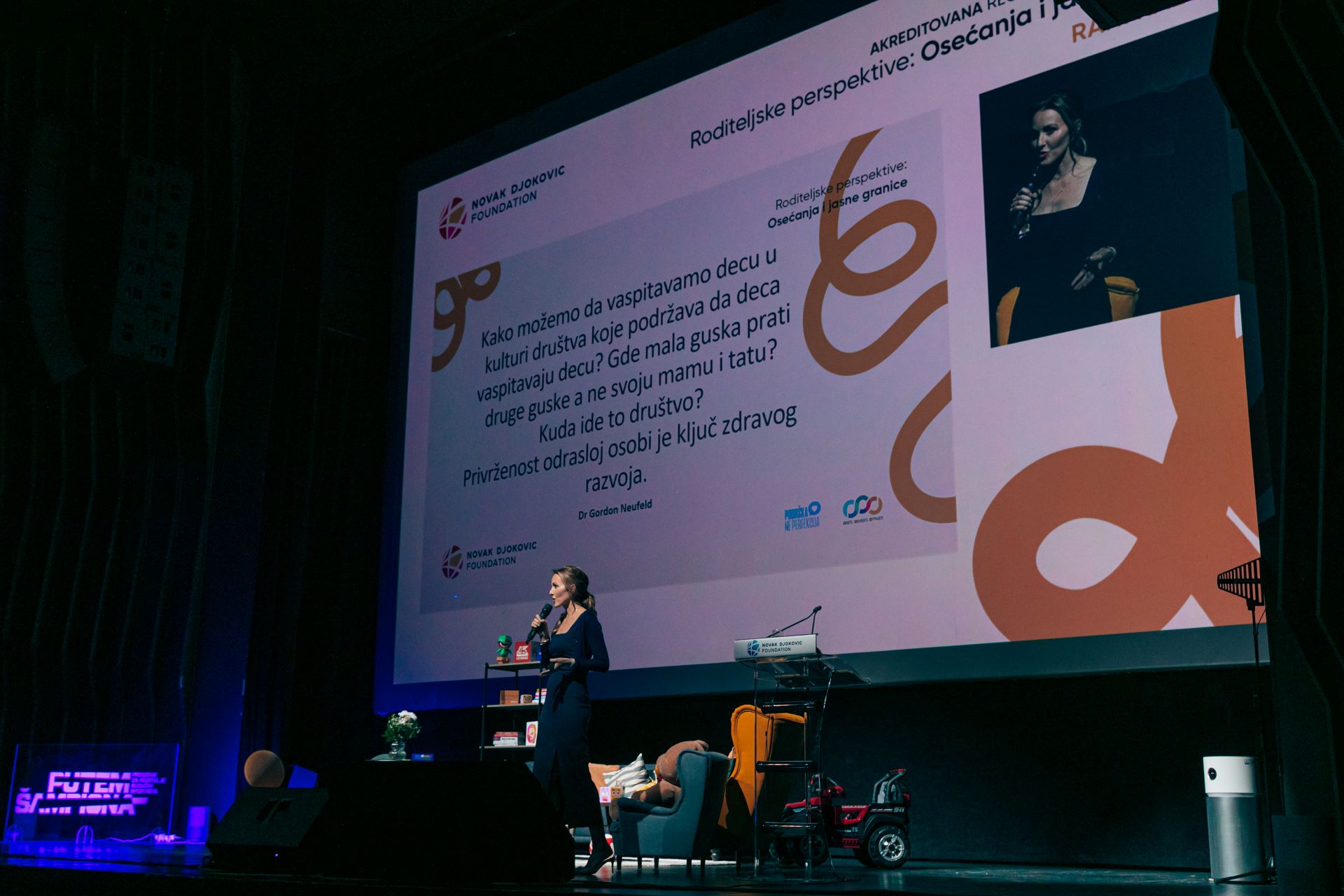„He’s not good like the other children. He’s mischievous, has bad manners, and he won’t listen to what someone’s telling him,“ you probably heard something similar on many occasions. Statements like these make me angry because I firmly stand by the opinion that every bit of disobedience in a child is almost entirely our fault.
The only people from whom I got a lack of understanding have been the adults, never children. Children understand everything when it is communicated with them properly. Children are just small people with big hearts, and with those hearts, they listen to what is being asked from them. If you don’t talk to children with a lot of love, attention, dedication, and patience, it’s pointless to expect from them to respond to your words. The imperative of the whole relationship with children, and communication with them are precisely those four elements, so let’s state them once again – love, attention, dedication, and patience.
Even the 1001st „why“ has to have your 1001st „because“
I call it the ‘but why’ game and I believe that everyone who spends time with children age 3 to 7 can guess what I’m talking about.
- „What are you doing?“
- „I’m ironing this T-shirt.“
- „But why?“
- „Because it should be ironed and nice.“
- „But why?“
- „Because we’re going for a walk.“
- „But why?“
- „To have fun, throw pebbles, eat ice-cream and buy something nice.“
For a brief moment, it seemed as if it was a checkmate on my part, but not so soon. But why is that T-shirt yellow if your favorite color is blue? tirelessly continued my 6-year old niece Milica, which I believe any other child would do. When you start playing that game, there is no giving up. There is no ‘ask a friend for help’ or switching questions. But what’s most important – there are no wrong answers either. The thing is to have patience and will to actually answer those questions. Perhaps, the question ‘my T-shirt was yellow when I preferred blue’ would lead me to an answer about my personality that I would have never thought of if Milica hadn’t asked me.
Your attitude toward children when they speak to you, even if you find the topic completely trivial, will be the pillar of their attitude toward you when you talk. Without mistake, with children, you always get what you first gave them.
If you want them to listen to you when you talk to them, you should also listen to them when they speak to you, and even more importantly – participate in the conversation. It is understandable if sometimes you are burdened with everyday problems and that you don’t feel like answering „why“ questions. In those moments, and regardless of everything that may be troubling you, don’t forget that the child is the most important. You have no excuse not to give them what they want from you, and that’s something completely free – your attention. That’s the foundation of all further communication between you and the child.
If you ask me, the trick to get out of the enchanted game is to respond equally. When you reply to the first child’s basic observation with „but why“, the smile you’ll get in return will be priceless, and if you’re a bit more persistent, they will ask YOU to stop:
- „Are we going?“
- „But why?“
- „To walk,“ laughs
- „But why?“
- „Well, you said it,“ laughs
- „But why?“
- „Oookaaay, stooop.“
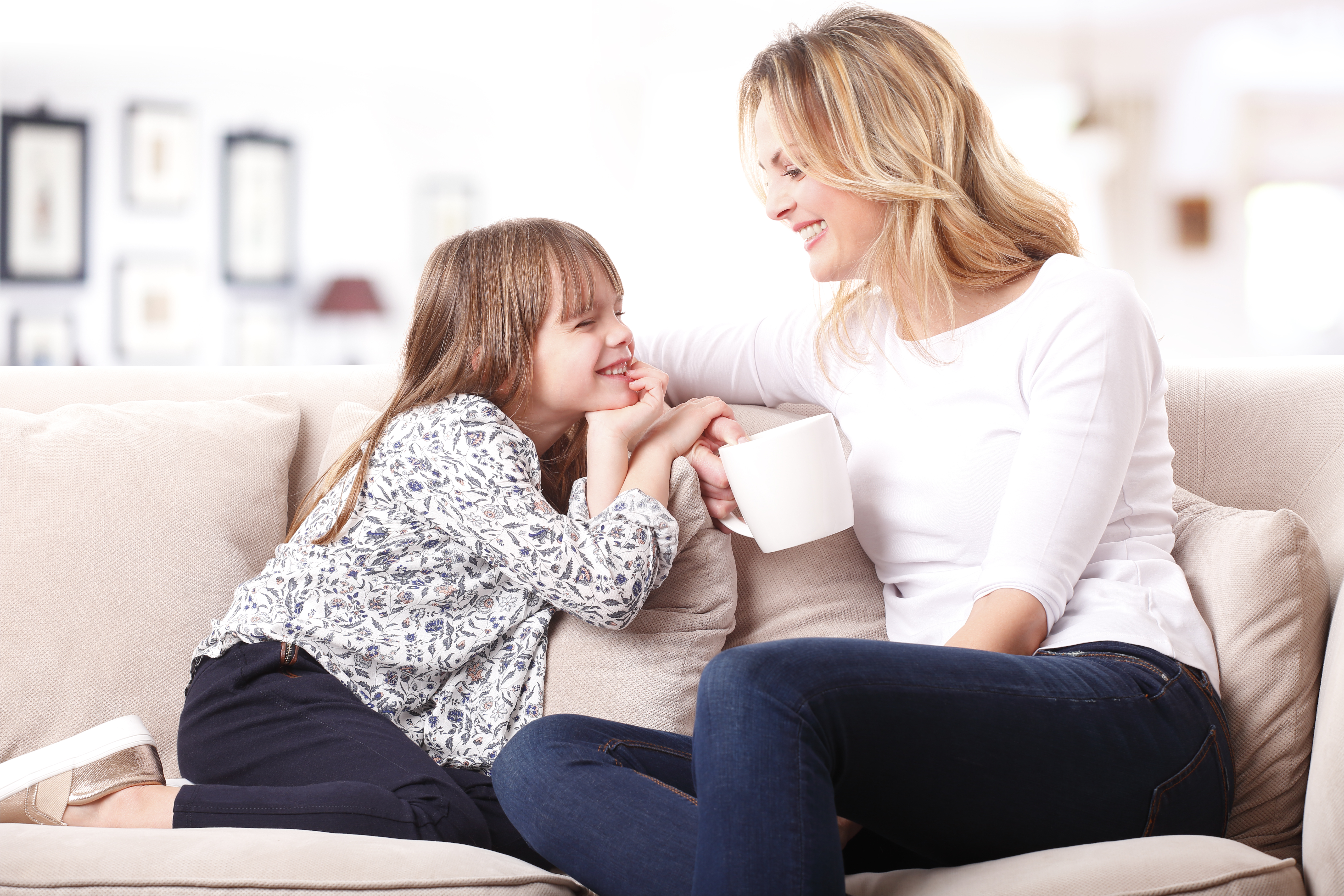
When you talk to children, you should also listen to them, and even more importantly – participate in the conversation. Copyright: Kinga
„Kiss to make the bad go away“
Non-verbal communication is an important segment of talking to children. Children can learn this type of communication only by observing you, in other words, through your behavior toward them. Non-verbal communication is not something you can explain to them – it requires action. There are various examples of how you can develop this:
- „Let me kiss to make it go away“ – when a child is in pain, or when they have a cold;
- Fondle and kiss the child – when you want to praise something they did;
- Hold their hand – when they complain about something to you, when they feel insecure;
- A hug – is always good when to communicate, because it shows love, care, and security. If the child hugs you, never be the first to let go.
The most developed level of non-verbal communication is making eye contact with the child, and it can be simply accomplished. Sit down on the floor with the child, call them by their full name until they look at you, and talk to them about the topics it started.
It’s very serious if the child says it’s serious!
Never, never and again, never underestimate something the child presents as a problem to you. Children are sensitive creatures who are discovering the world, and what you may find irrelevant may a big and a serious problem for them, and it is your job to help them resolve it. Child’s serious problems can cause fear, which later may evolve into traumas. A child may be afraid of the dark, frogs, spiders, mice, hot sand, the fact it was the only night you didn’t give them a goodnight kiss. When the child trusts you with a problem, be happy, because they trust you and see you as support – don’t fail them. Give your best to overcome that obstacle together, first with a conversation, and then in various different ways – think of stories or games.
„Thank you, please, I’m sorry, here you go“ are magic words and a way of life
A child with good manners is, by rule, a mirror of their family. Children should learn to be polite and use these magic words in all appropriate situations. Their role model for such behavior is you and only you.
There is a saying, that left a strong impression on me. I’ll rephrase it – educate yourself because the children will certainly resemble you.
An illustrative example would be crossing the street during a red light. It might happen to you to cross the street with the „red stick figure“ when you are in a hurry, but when you are with your child, that mustn’t happen even on accident. The same goes for using magic word – if you don’t say thank you to the local baker, rest assured that your child won’t either.
The child should understand that four magic words should be a way of their life. When you or someone else communicate some of those, they should understand it as reward and encouragement to continue to behave like that.
This topic always reminds me of an anecdote. When my niece was 4, I tried to teach her the magic words and we repeated together:
- Thank you, you’re welcome…
- Thank you, you’re welcome…
- I’m sorry, please.
- I’m sorry, please.
- Bravo!!!
- You forgot one, Tina.
- What do you mean, which one?
- Abracadabra!

